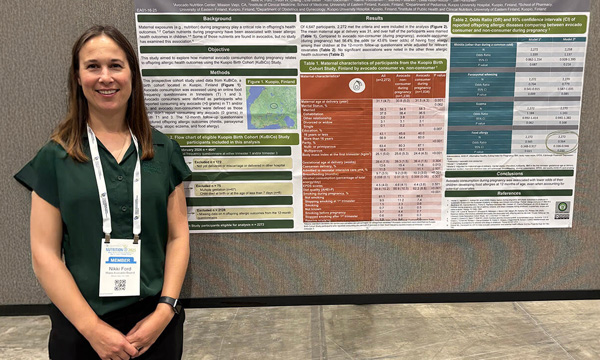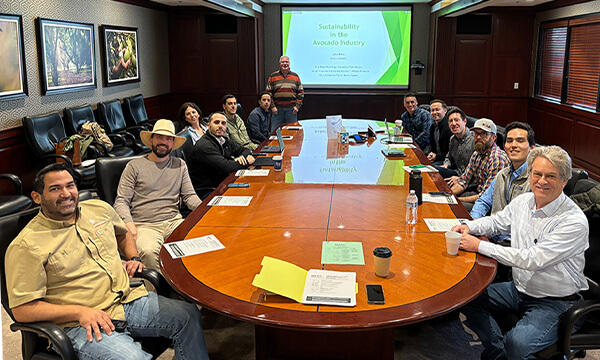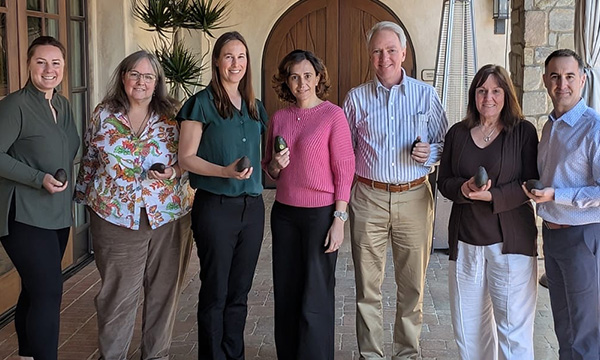Study on the Science Behind Avocado Inclusion
in a Weight Loss Diet
In an effort to share with you the nutritional work that the Hass Avocado Board does on an ongoing basis, we will be including updates throughout the year as research studies get published.
A weight management study was published in the Current Developments in Nutrition journal entitled “Hass Avocado Inclusion in a Weight Loss Diet Supported Weight Loss and Altered Gut Microbiota” with insights into the research and the results.
In a weight-loss study, researchers found 24 overweight/obese adults experienced similar weight loss when advised to eat 500 calories less each day and eat one avocado daily, compared to a control group following the same dietary guidance without avocado. The avocado-eating weight loss group reported little change in diet satisfaction over the 12-week study. Though more research like this study funded by the Hass Avocado Board is needed to confirm the findings, especially in a larger U.S. representative sample, the results support mounting evidence demonstrating avocados can be included in a successful weight loss diet
Other Happenings
Connecting, Learning, and Leading: ANC at Nutrition 2025
The Avocado Nutrition Center brought cutting-edge science, new research findings, and fresh collaborations to Nutrition 2025: spotlighting avocados in maternal health, heart health, and beyond.
BOLD Class 4 Graduation Brings BOLD Graduate Count to 50!
Congratulations to the 14 members of BOLD Class 4 who completed their BOLD experience in Oxnard, California, on March 11th and 12th, 2025.
Experts, Insights, and Avocados: ANSA 2025 Recap
Top researchers met in San Juan Capistrano to help shape the future of avocado nutrition science.







